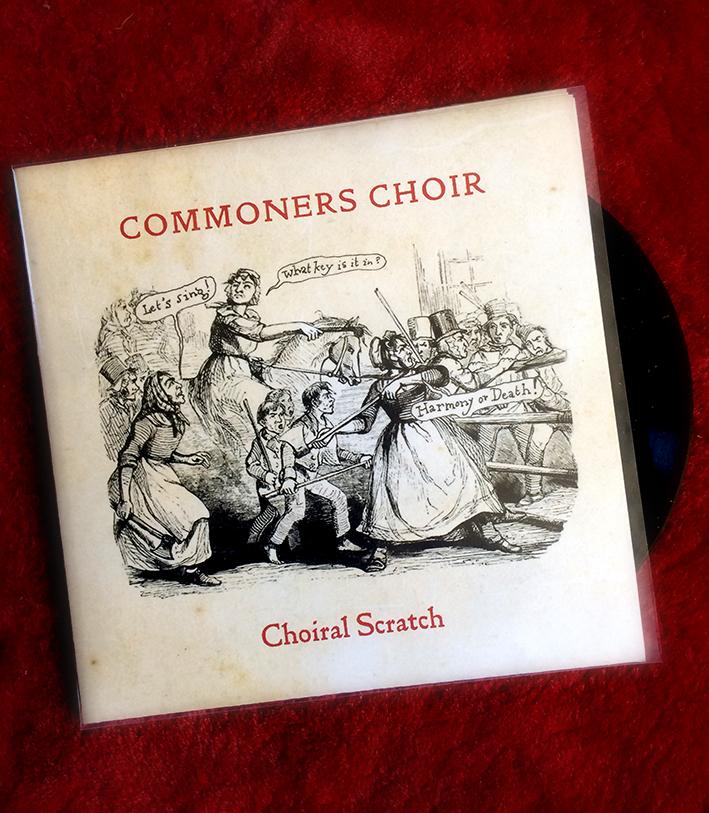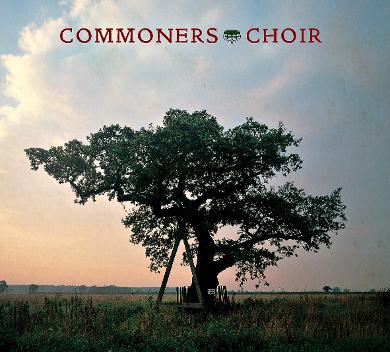Commoners Choir's response to the Police, Crime, Sentencing and Courts Bill.
Clauses 54 to 58 of the new Bill relate to protests (of more than one person). They effectively ban protests. They do so by giving the police and the Home Secretary new powers which give them the ability to ban protests on grounds which are drafted so widely that they could apply to any meaningful protest. The only kind of protests which are likely to be allowed to go ahead are those where the authorities support the aims of the protest.
Under the current law, the police can ban or impose conditions on a protest if they reasonably believe that the protest may result in serious public disorder, serious damage to property or serious disruption to the life of the community. But under the Bill, the grounds for the police to ban or impose conditions are dramatically widened so that they include, among other things, the noise made by a protest. It would be sufficient under the Bill to ban a protest if the noise generated by the protest “may have a relevant impact on persons in the vicinity” and “that impact may be significant”.
In practice, the Bill would allow the police to ban any protest which generates noise, which is to say, basically any protest. As the Good Law Project has noted, “It is difficult to escape the conclusion that an attack on the making of noise is a disguised attack on the very nature of the right to protest.”
The Bill also gives unfettered power to the Home Secretary, currently Priti Patel, to define the meaning of certain key definitions. She could do this, after the Bill becomes law, by ministerial regulation, with minimal parliamentary oversight. That in itself is highly disturbing.
Clause 59 creates a new criminal offence. Among other provisions, it provides up to ten years imprisonment for causing someone to suffer “serious annoyance” or even for putting someone at risk of suffering “serious annoyance”. One likely purpose of this oppressive provision is to scare people away from joining protests.
PLAY LOUD!


